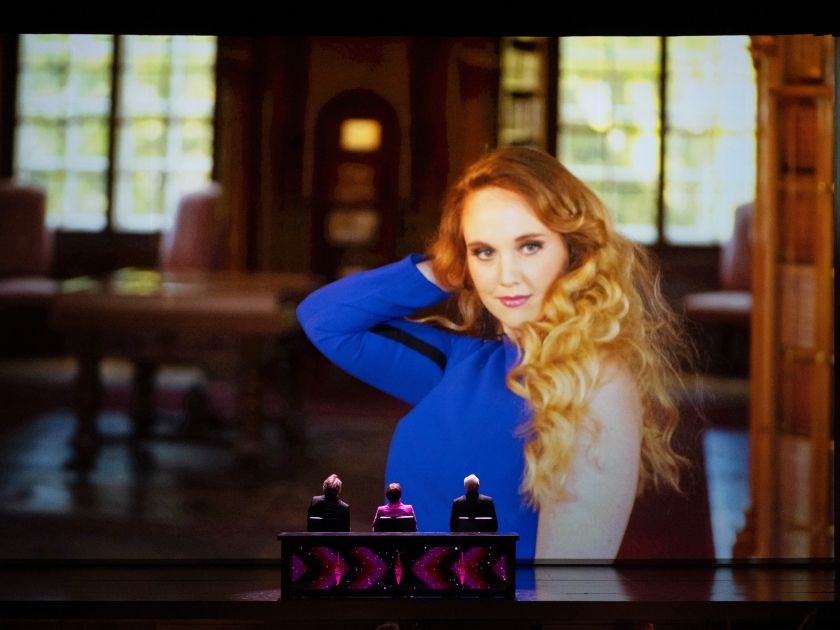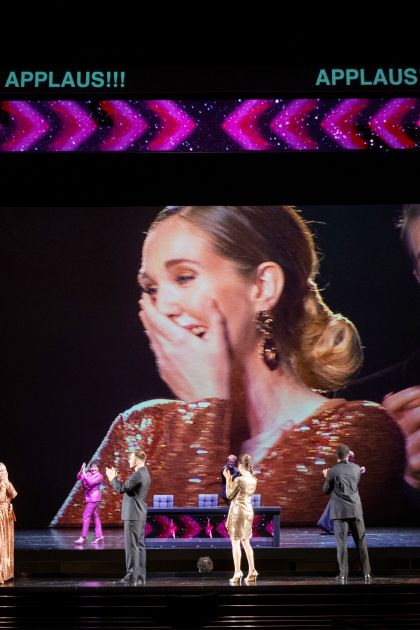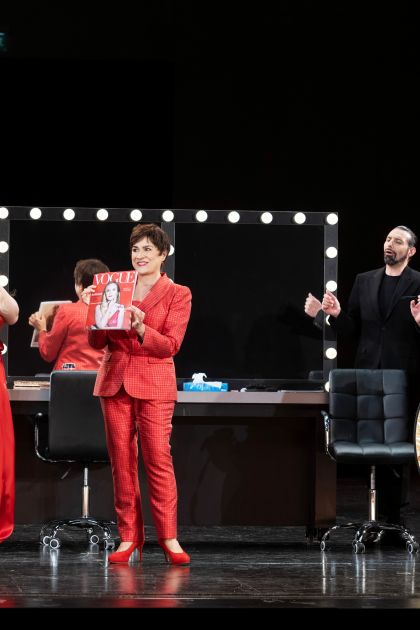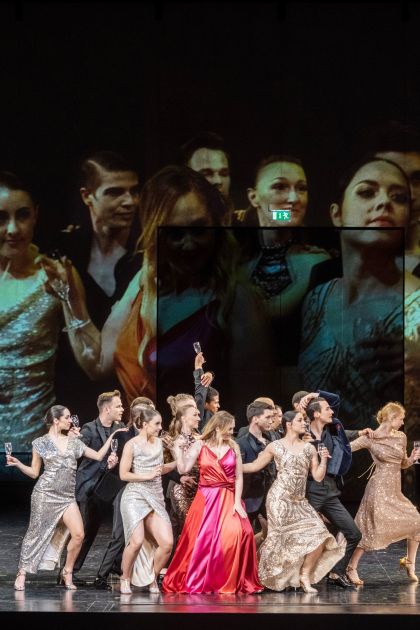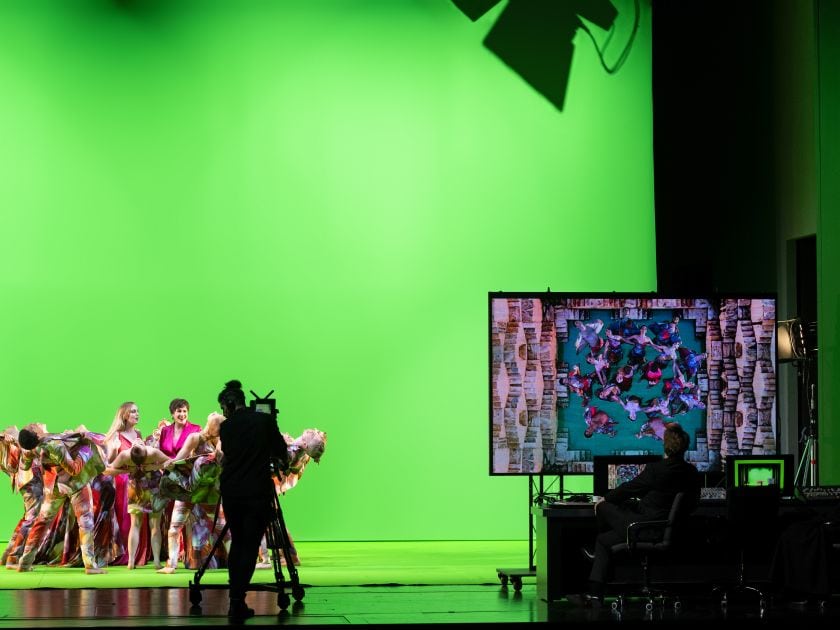- Ich hörte, daß es in der Welt mehr Zeit als Verstand gibt, aber daß uns die Augen zum Sehen gegeben sind.
About the Production
Anxiety about the future clouds the self-regarding gaze of Bellezza (Beauty) into her ‘faithful mirror’. But what’s the point of wasting one’s time with inconvenient things like transience? Better to enjoy the here and now, encourages Piacere (Pleasure), with whom Bellezza swears a bond. Much later, when this bond is finally broken, Piacere admits that he feeds purely on ‘inganno’ (deceit): but by then this is not news to Bellezza, for Disinganno (Dis-illusion in the sense of true knowledge) and Tempo (Time) have joined forces to steer Bellezza’s yearning away from fleeting to more enduring values, and to direct her gaze from the surface to the essence of being. But the path to the mirror of Truth is thorny and constantly exposed to the enticements of Piacere…
Handel set his first oratorio Il trionfo del Tempo e del Disinganno (1707) to a libretto by the influential cardinal Benedetto Pamphilj, who had supported the composer with commissions since his arrival in Rome. Despite its religious and allegorical concept, Pamphilj tells Bellezza’s story with a psychological realism that clearly inspired the 22-year-old Handel: with its new emotional appeal and gestural incisiveness, his music transforms Il trionfo into an immediately touching, profoundly humane Everyman drama.

